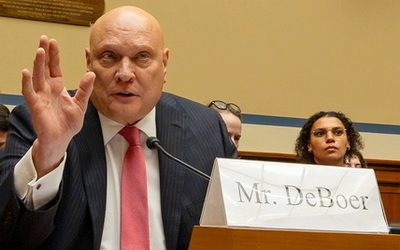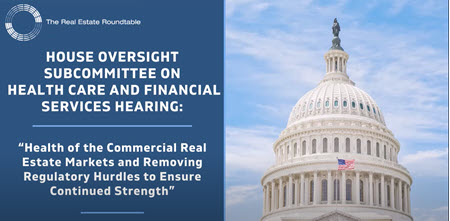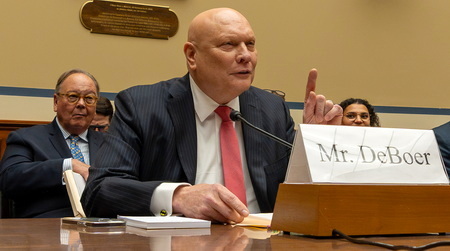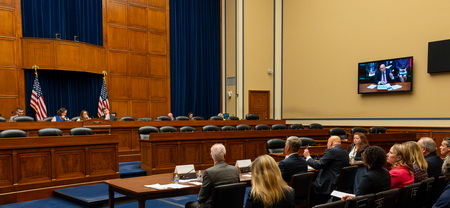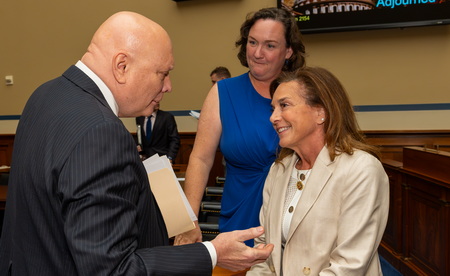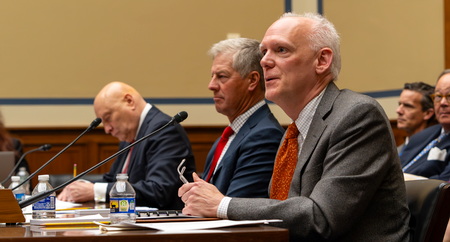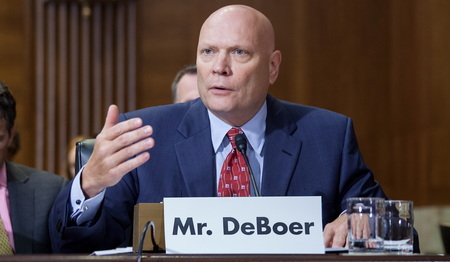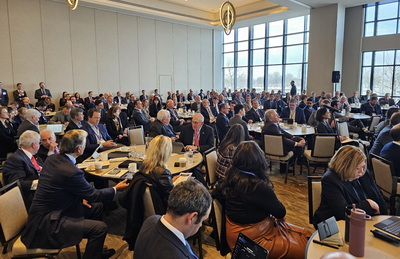This week, the publication Commercial Observer released their “Power 100” list of prominent industry influencers, which includes Real Estate Roundtable Chair-Elect Kathleen McCarthy (Global Co-Head of Blackstone Real Estate, Blackstone), Chairman Emeritus (2015-2018) William C. Rudin (Co-Executive Chairman, Rudin), Roundtable President and CEO Jeffrey DeBoer, and nearly 30 other Roundtable members. (Power 100 2024 – Commercial Observer)
CRE Industry Leadership
- Commercial Observer notes that the industry has been through a great deal of turbulence this year. “For better or worse, the biggest cliché that seeped into the commercial real estate conversation over the last year was: ‘Survive until ’25.’ This year’s honorees have shown the pluck, the determination, and the fortitude to make their ways onto this list.” (Power 100 2024 – Commercial Observer)
- The article also notes how The Roundtable effectively represents the industry while partnering with 18 national trade associations to educate Washington, D.C. policymakers on national issues impacting the industry.
The Roundtable’s Role
- DeBoer comments within his profile, “Helping federal regulators understand the whiplash of very quickly moving from the historically long period of artificially low interest rates to a much higher interest rate environment was critical to the flexibility they ultimately provided to banks to modify or extend a great deal of the roughly $1 trillion in maturing commercial real estate loans.”
- He also notes that significant stress on CRE remains, especially the pressures of remote work. Yet, “a systemic crisis for the banking industry and real estate markets seems to have been averted,” DeBoer states. (See DeBoer’s listing)
# # #



